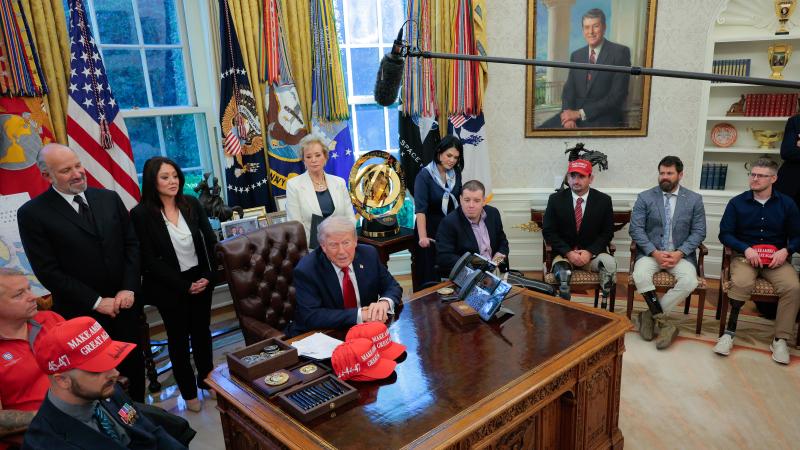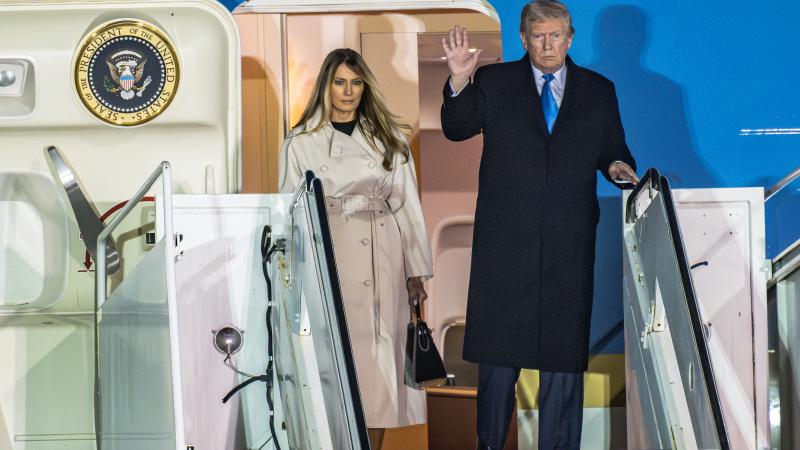Indiana governor signs orders barring DEI, remote work for state agencies
The order striking down the office was in response to a 2023 U.S. Supreme Court decision that found the use of affirmative action and other policies promoting diversity violated the Constitution.
(The Center Square) -
It’s been a busy first week for Indiana Gov. Mike Braun, whose office announced he signed nine executive orders – including one that eliminated the state’s Chief Equity Inclusion and Opportunity Office – tied to promises he made during his campaign last year.
The order striking down the office was in response to a 2023 U.S. Supreme Court decision that found the use of affirmative action and other policies promoting diversity violated the Constitution.
It also requires all executive branch agencies to ensure no public resources are used to promote diversity, equity and inclusion, often referred to as DEI programs, that give “preferential treatment” to anyone based on their race, ethnicity or national origin.
As the order’s title explained, the Braun Administration wants to replace DEI with “MEI: Merit, Excellence and Innovation.”
State agencies under Braun are also prohibited from requiring anyone to take part in cultural or diversity sensitivity training or programs. Officials are also not allowed to force anyone to reveal their pronouns.
The agencies will have through April 30 to conduct their reviews and must submit a report detailing any programs or positions that were removed or changed by July 1.
Other orders signed by Braun call for full-time state employees to return to their offices permanently, with the Secretary of Management and Budget and the state’s Personnel Department creating guidelines for “limited exceptions.”
According to the order, more than 10,500 state employees approved remote work agreements last year, and those workers logged 7.3 million labor hours away from state facilities. That’s an average of more than 690 hours per employee, or roughly a third of a year for someone working 40 hours a week.
“While remote work was appropriate during the COVID-19 pandemic, its continued scale must be re-evaluated to align with the fundamental mission of public service: ensuring accountability, responsiveness and efficient service delivery to Hoosiers,” the order stated.
Workers affected by the order are expected to return to work physically in their state office by July 1.
Another order calls on the state’s Personnel Department to review all job positions that currently require someone with a college degree and determine if that position can be performed by someone without a degree. Braun also wants state offices to hire workers based on skills and experience, including military service, instead of a degree requirement. There will be exceptions if the position necessitates higher education credentials.
That approach should address any labor shortages within state agencies and provide additional workers with opportunities for advancement, according to the order. The order cites U.S. Census Bureau data indicating that two-thirds of Indiana’s adult population do not have a college degree.












